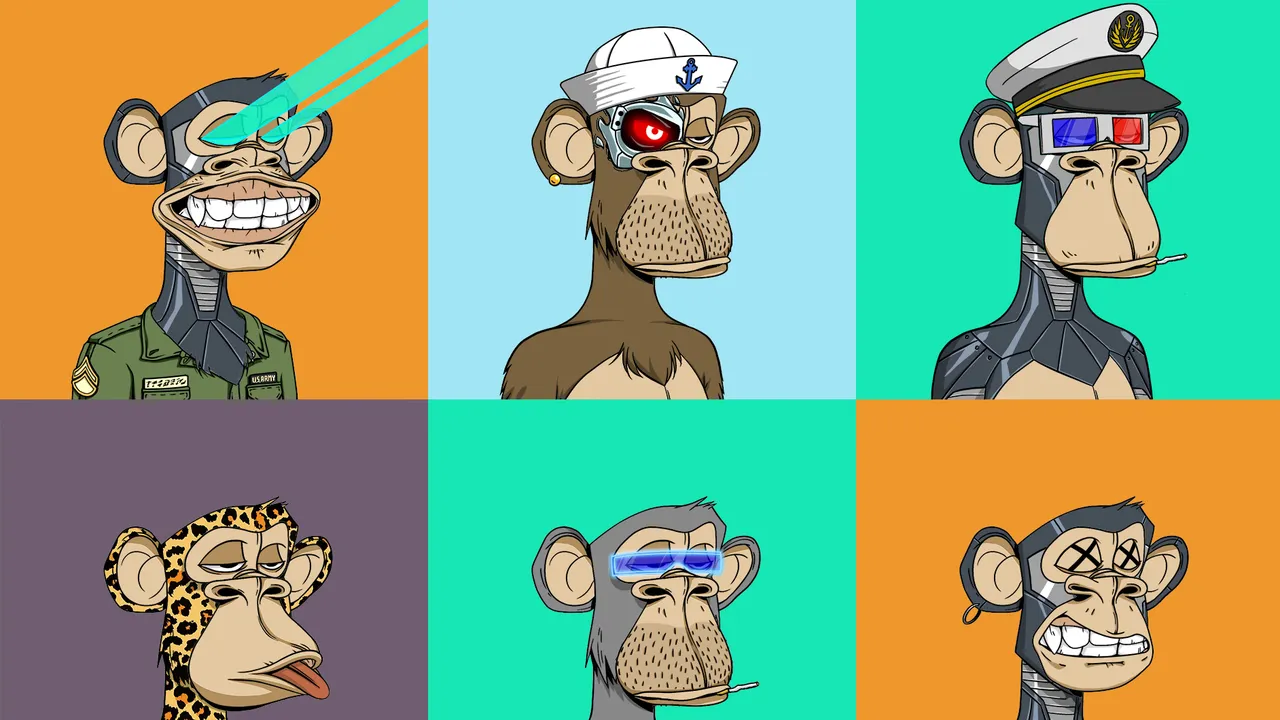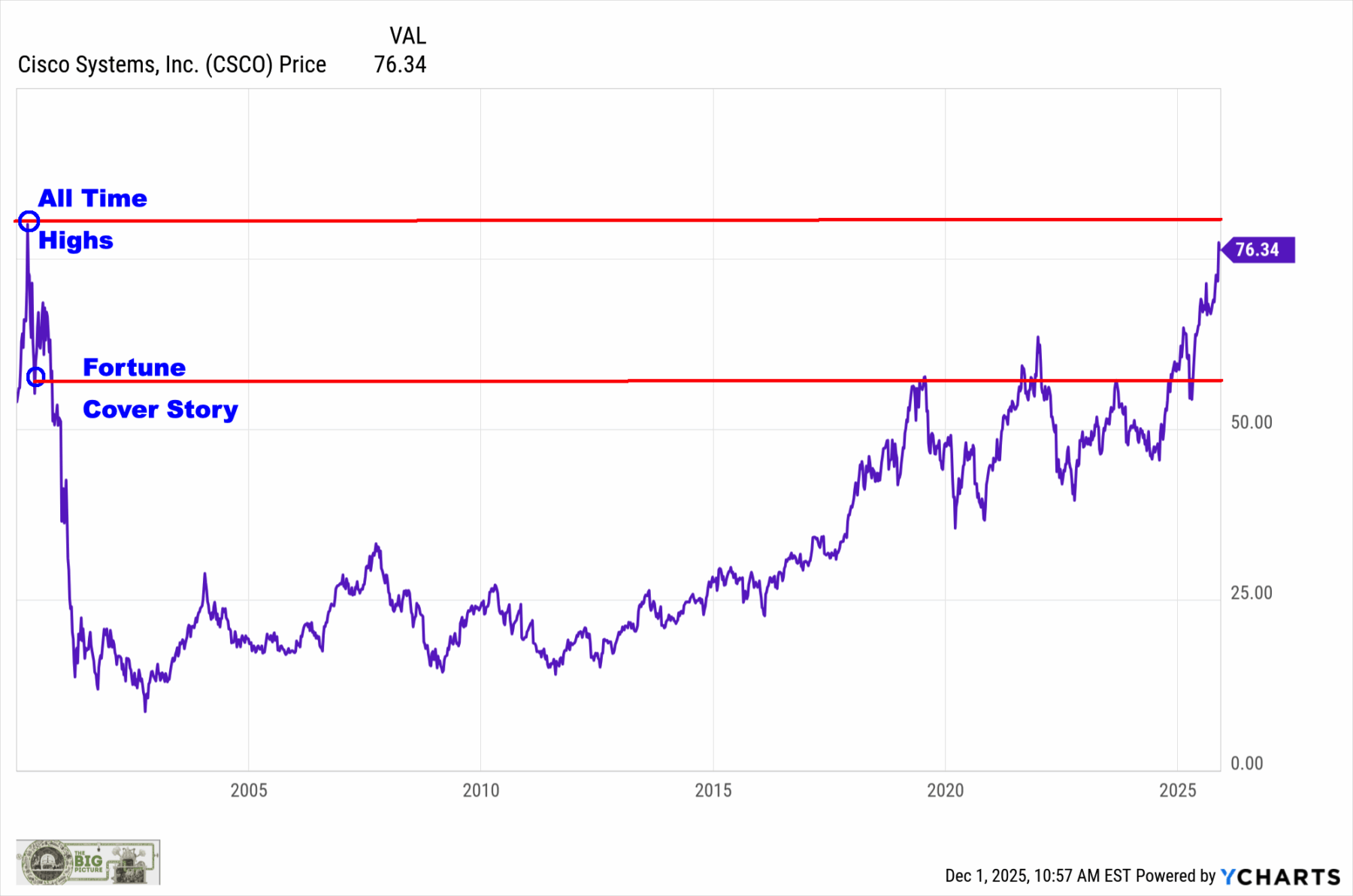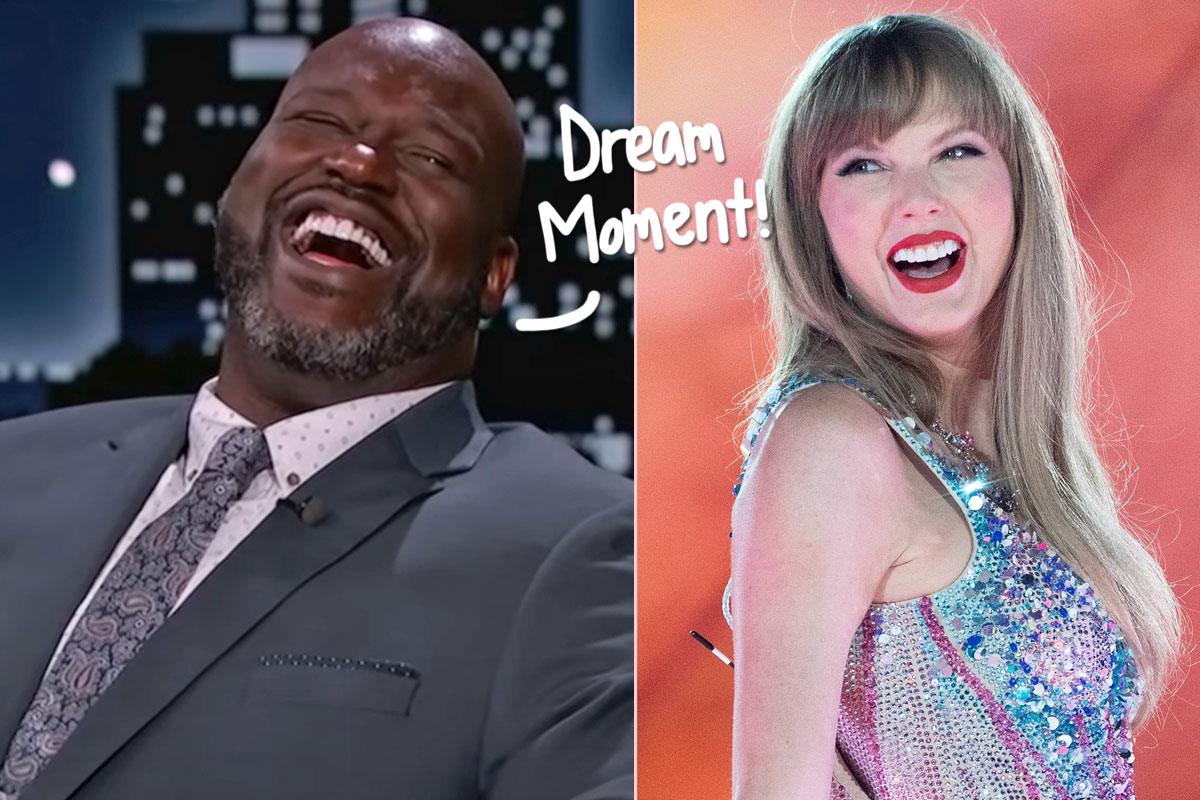In the original version of a now classic thought experiment, five people are about to be killed by a runaway trolley. Would you divert the trolley knowing that your choice will kill a single innocent bystander? That thought experiment is the seed for this conversation between EconTalk host Russ Roberts and fan fav Mike Munger. It gets even more interesting when Munger claims that Adam Smith had an elegant solution for this problem- a problem not articulated until the 20th century!
Part of the challenge of the trolley problem is the question of using cost-benefit analysis to make life or death decisions. As Roberts expresses the challenge of the trolley problem, it’s the difference between killing and allowing to die. Phillipa Foot, the mid 20th century philosopher who formally posed the trolley problem, it’s the doctrine of double effect- when you’re faced with a choice between two alternatives which you did not create. I’ll not ask how you would solve the trolley problem, but I will ask how you feel abut some of the permutations Roberts and Munger discuss. We hope you’ll share your responses to the prompts below in the comments; we love to hear from you.
1- Roberts suggests we’re so uncomfortable with thought experiments like the trolley problem is because they pose a moral dilemma. That is, if we operates by a strictly utilitarian calculus, the “answer” would be obvious (assuming the original trolley problem- not a baby on the tracks, etc.). Why do we feel there’s a difference between the two options in terms of moral agency?
2- The trolley problem is, of course, a hypothetical puzzle. Munger describes his class discussions on the movie Oppenheimer, emphasizing that the United States’ decision to drop the atomic bomb was NOT a hypothetical. After listening to the conversation, do you think the US was morally justified in using atomic weapons? Why or why not? How does your answer take into account the distinction between killing and “not allowing to die?” (And if you’ve still got some ethical muscle left, why do you think the firebombing of Tokyo was treated differently than the atomic bomb, as Roberts asks?)
3- Roberts and Munger discuss Adam Smith’s famous example of the Chinese earthquake, which Munger points to as Smith’s version of the trolley problem. How is the earthquake example analogous to the trolley problem? What is Smith’s “solution,” according to Munger? What’s the “second part of the story” that commentators often leave out, and why is this important to Smith’s solution? Does his solution depend on this second part? Explain.
4- I pose this next question with great trepidation… And that’s because I think Russ is wrong on the point he makes about externalities (53:27). He says, in response to Munger’s reading from the Book of Smith:
If Smith were literally right in that passage–if that passage was accurate–we would not worry about externalities in economics. We would just say, ‘Well, they’re not important, because people internalize them because of the man in the breast.’ They would never pollute or litter, or do things that harmed other people, because they would be aware that they were putting themselves forward.
Why do you think that I think Russ is wrong? Would there really be no externalities if Smith’s impartial spectator always worked? Why or why not?
5- Roberts closes by asking Munger, “Do you think capitalism and the commercial society encourage us to put ourselves before others? Do you believe that we are coarsened by the competitive nature of capitalism and tend to frequently ask, ‘What’s in it for me’?” How does Munger respond? How would you respond? In what ways does your response differ from Munger’s, and why?
















